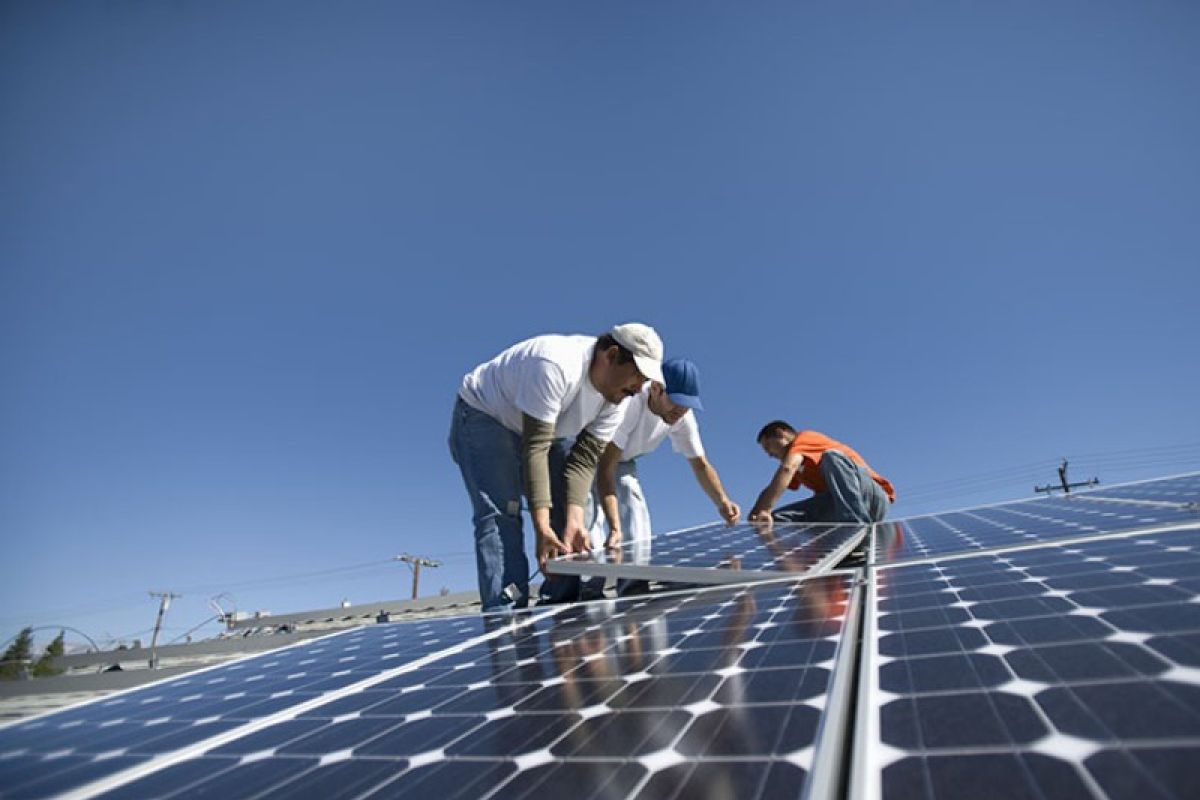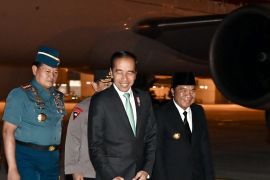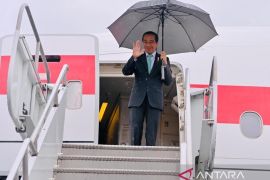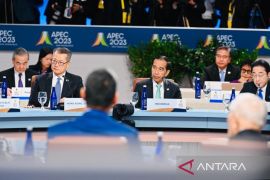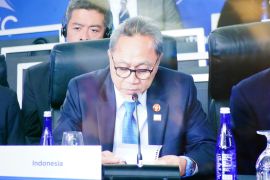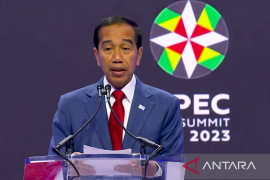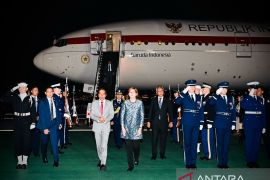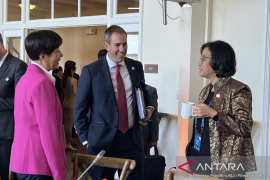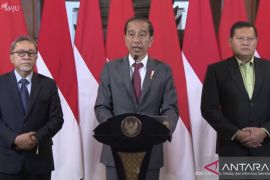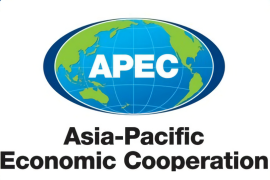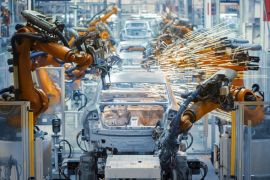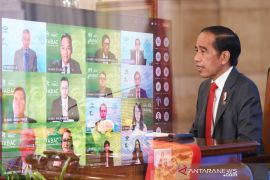Wiley and Elsevier, the publishers of scholarly scientific knowledge, will offer a US$25 thousand prize to Dr. Yun Hau Ng, the brainchild behind the use of sunlight to split water into clean hydrogen and generate renewable energy, symbolizes this year’s theme of “natural laboratories.”
The annual ASPIRE Prize, giving recognition to young scientists, below 40 years of age from across the Pacific Rim region, typifies excellence in scientific research and international collaboration.
"The ASPIRE Prize is a good recognition and an even greater motivation as well for me and my team to work harder,” Dr Ng, nominated by Hong Kong and China, and associate professor at the School of Energy and Environment at City University of Hong Kong, remarked.
This year’s theme “Natural Laboratories” inspired a myriad of outside-of-the-box ideas from 15 finalists, each nominated by one of the APEC member economies. Applications of their research comprise using satellite remote sensing and machine learning to monitor changes in coastal ecosystems, using crab shells to cleanse minerals from contaminated waters, and observing aquatic insects attempting to adapt to global change in freshwater ecosystems.
"The natural world has and will continue to inspire brilliance for the millennia. As Dr. Ng’s research shows, innovations arising from nature can offer the solutions required for sustainable growth," Chile’s Minister for Science, Technology, Innovation and Knowledge, Andrés Couve, stated.
Chair of the APEC Policy Partnership for Science, Technology, and Innovation, Fabiola Leon-Velarde Servetto, affirmed that the ASPIRE Prize personifies not only innovation but also the collaborative spirit of APEC.
"Through cross-border collaboration, the work of these brilliant scientists promises to break even more ground," she affirmed.
Into its 9th year, the ASPIRE Prize supports APEC’s goal towards regional economic integration by facilitating to strengthen science and technology networks, boosting trade and investment opportunities through innovative research and development, and increasing linkages between research and innovation.
As each economy is allowed to nominate only one individual, some economies organize competitions to determine their nominee. Earlier winners have been renowned academics working on an array of crucial initiatives, from developing prediction models to forecast and track extreme weather, to creating low-cost sensors that detect food sanitation hazards.
Related news: Renewable energy complementary to fossil fuel: practitioner
Related news: Geographic condition becomes challenge in Indonesia`s renewable energy development
Related news: Surabaya installs solar-powered traffic lights to anticipate blackout
Reporter: Yuni Arisandy Sinaga
Editor: Sri Haryati
Copyright © ANTARA 2019
